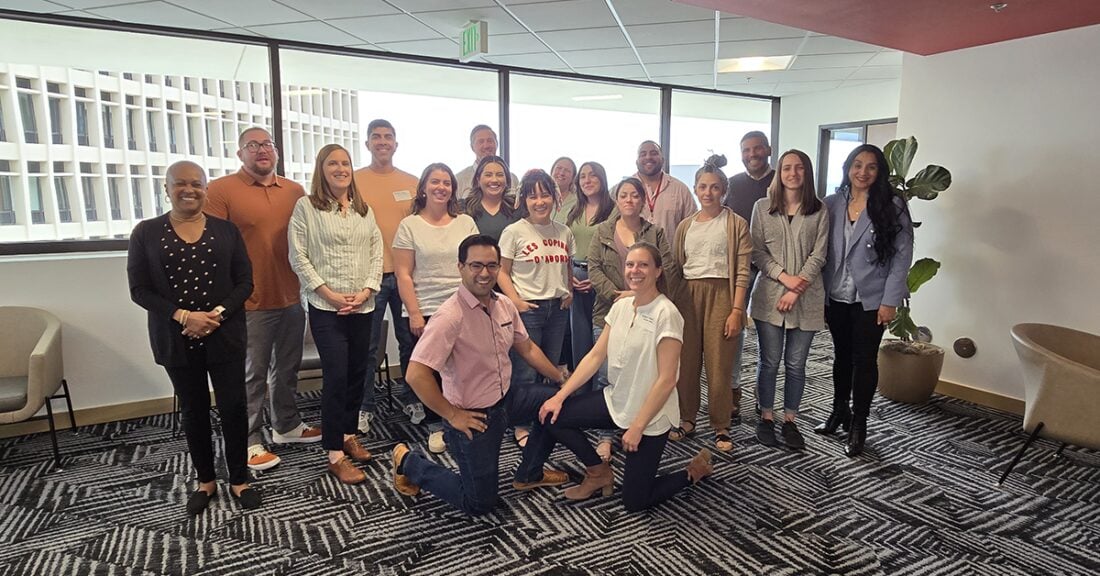Results-Based Facilitation Moves Groups From Talk to Action

Photo courtesy of the Southwest Institute For Transformational Community Schools
To make transformational changes in the populations they serve, leaders in the Annie E. Casey Foundation’s Children and Family Fellowship® need focused tools. Results-Based Facilitation™ (RBF), is one such tool. It’s a competency-based process of designing and contributing to meetings that move groups to action and holds participants accountable for their commitments.
“We incorporate RBF into the Fellowship because meetings are the way work gets done,” said Barbara Squires, director of leadership development at the Casey Foundation. “They can either be time well spent that accelerates the work and activates people to get stuff done, or they can be information sessions that could have been better handled through an email.”
RBF prepares leaders to organize meetings around asking effective questions, actively listening, surfacing data and guiding attendees to take ownership of next steps. When a leader has results in mind, it can shape who gets invited and shows up to meetings and how they are engaged in the work.
“It’s the skills you need as a leader or facilitator to actually move a group to action,” said Angelo Gonzales, chief of staff of Central New Mexico Community College and Class 12 Fellow. “This set of skills is extraordinarily important when bringing diverse groups together to collaborate toward a collective set of goals.”
Gonzales co-founded the Southwest Institute For Transformational (SWIFT) Community Schools in 2023, midway through the Children and Family Fellowship. One benefit of the Fellowship is being coached by Results Count faculty, who were able to observe Gonzales designing and facilitating SWIFT’s board retreat.
“[The real-time feedback] made me a much better leader and more confident in my abilities to hold open-ended conversations and maintain a neutral position when facilitating,” he said.
“So much of what we do with our Fellows is getting them to model some new behaviors and see how people suddenly notice and then in turn change their behavior,” said Squires. “After participating in a really good meeting, people can recognize that they were engaged and the work progressed and then want to do the same in their own meetings.”
Accordingly, SWIFT’s community school coordinators asked to learn the fundamentals of RBF. Through a grant from the Casey Foundation, SWIFT contracted with RBF-certified consultants to offer an RBF train-the-trainer session.
“Leadership doesn’t just live at the top of an organization or community,” Gonzales said. “We can cultivate leadership from all parts and all participants by holding the right conversations, agreeing on shared goals, moving to action and then having accountability for collective action.”
Watch a video on 10 conversations that will move you toward results






